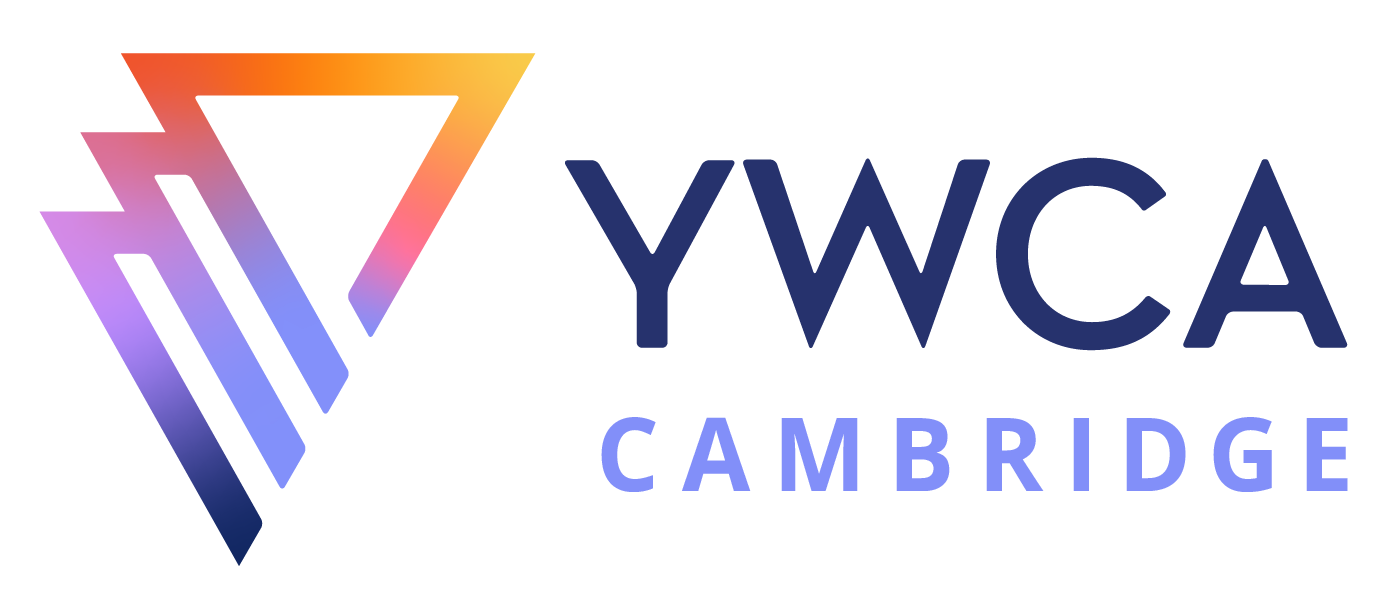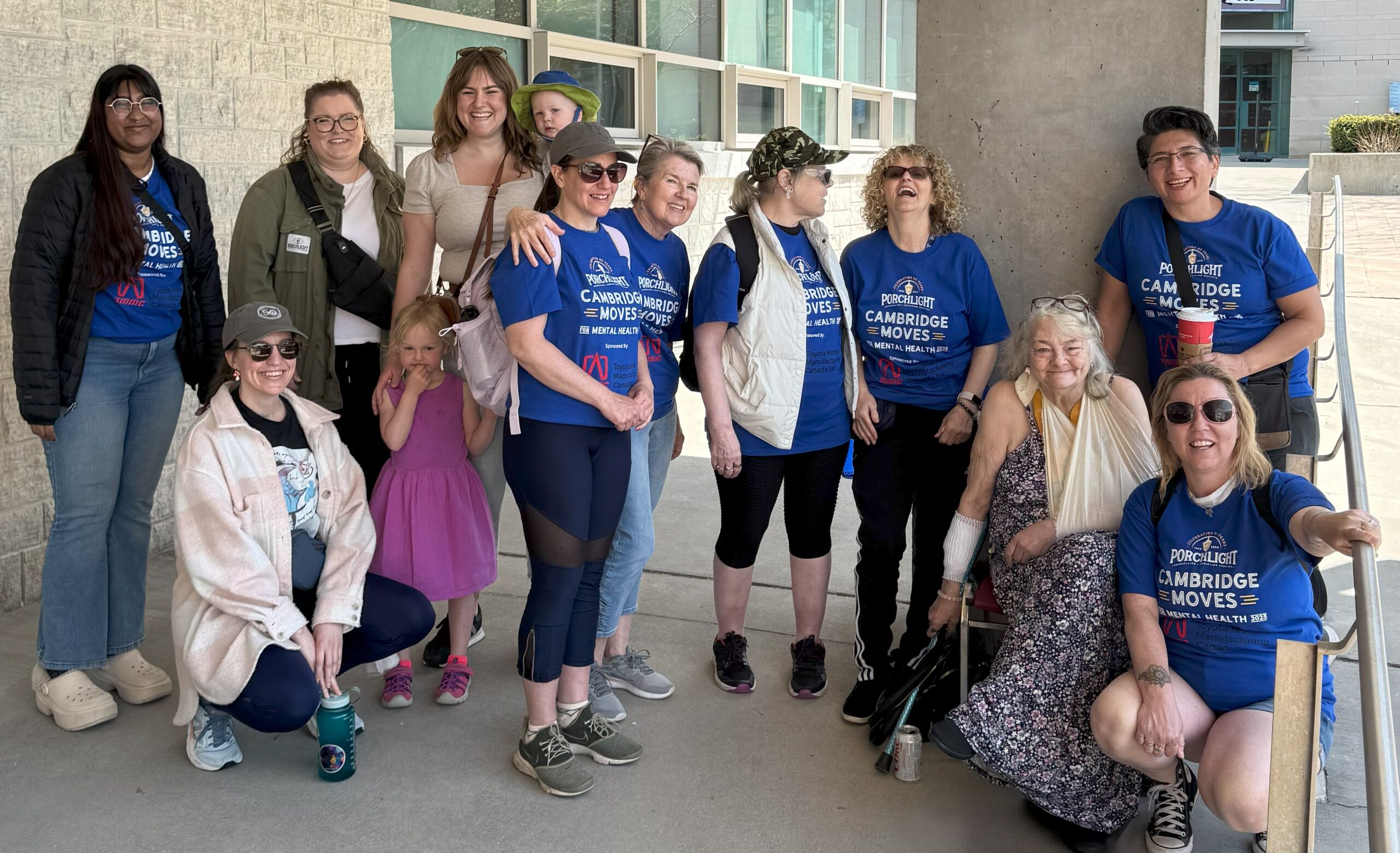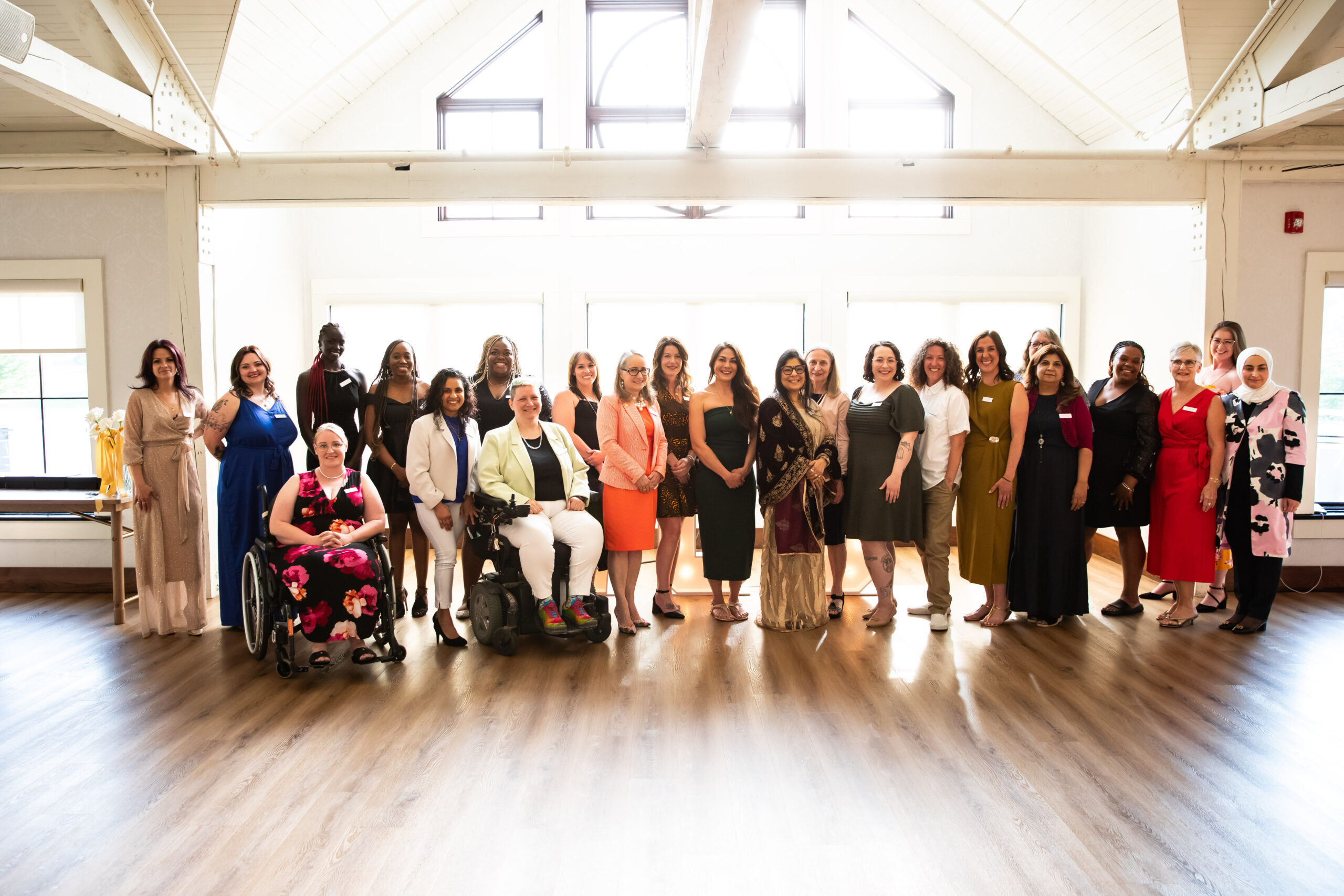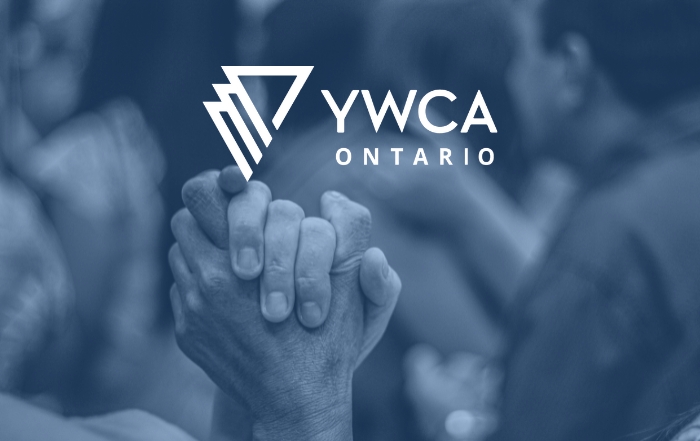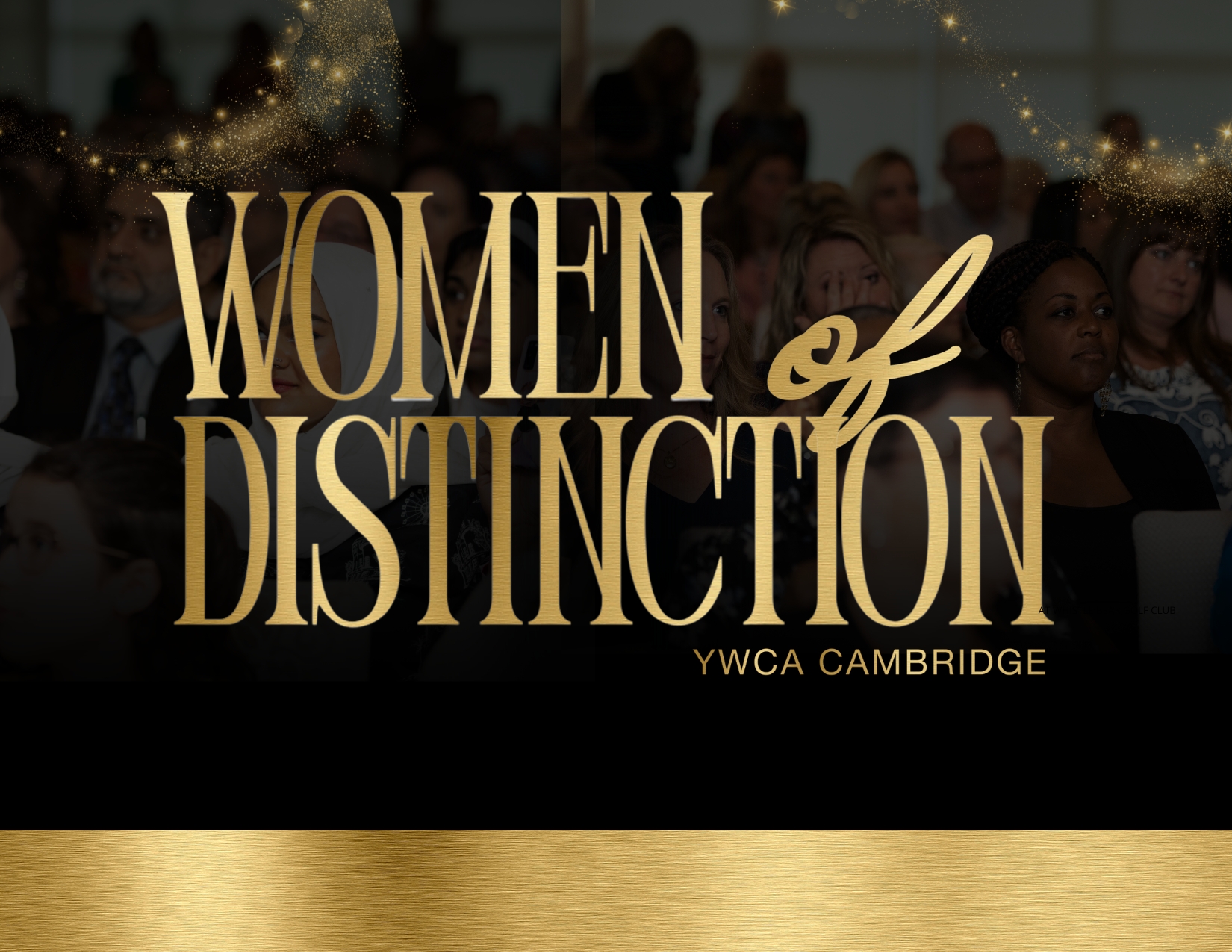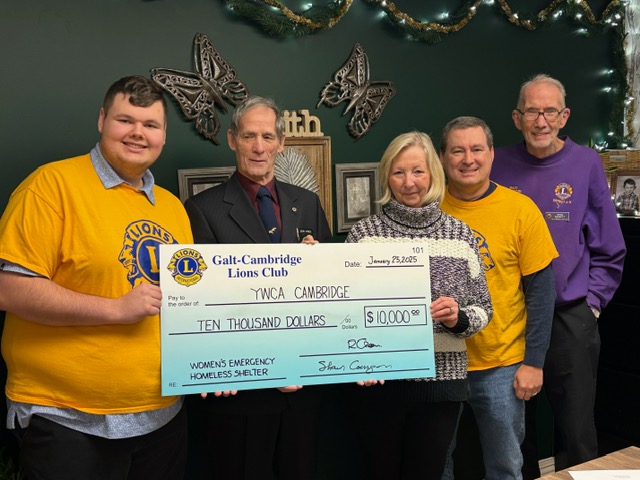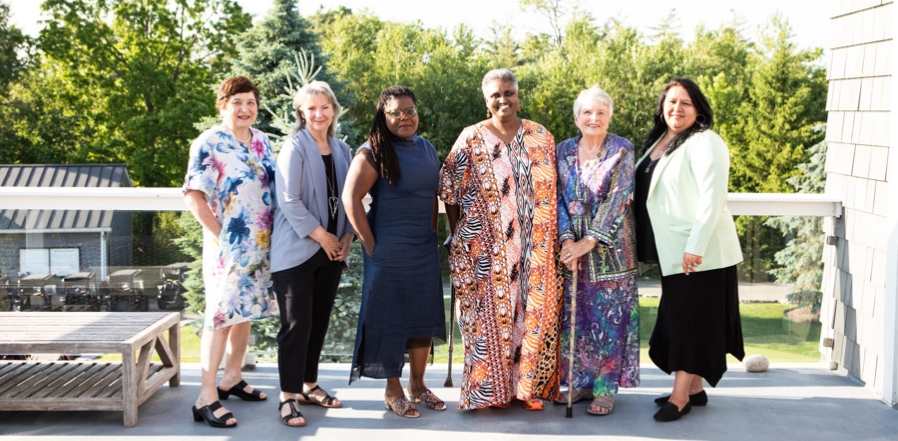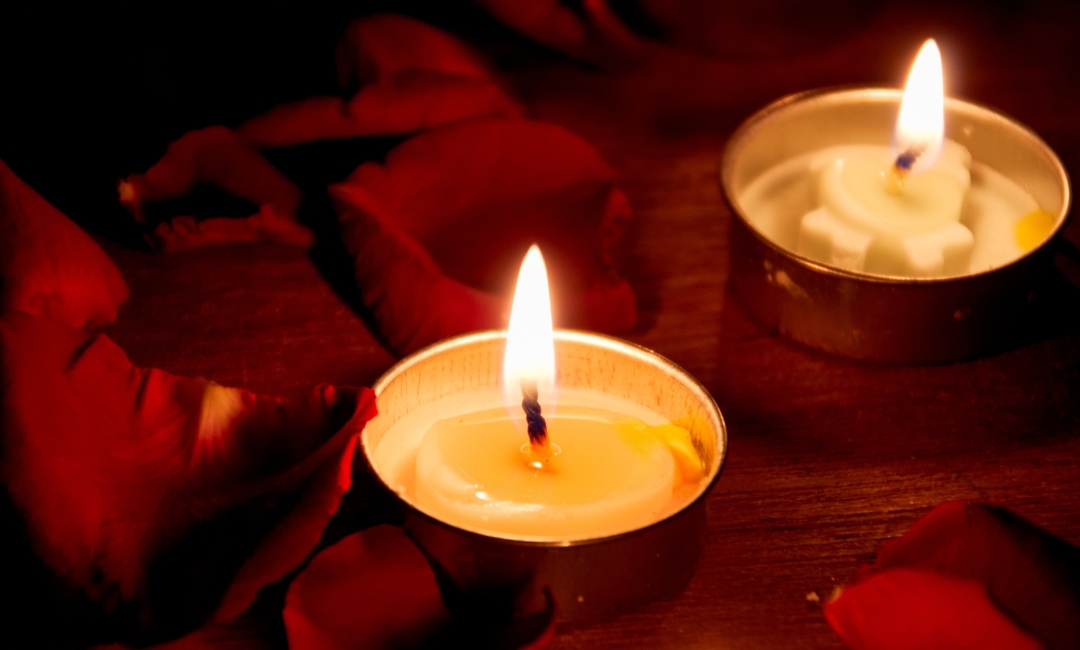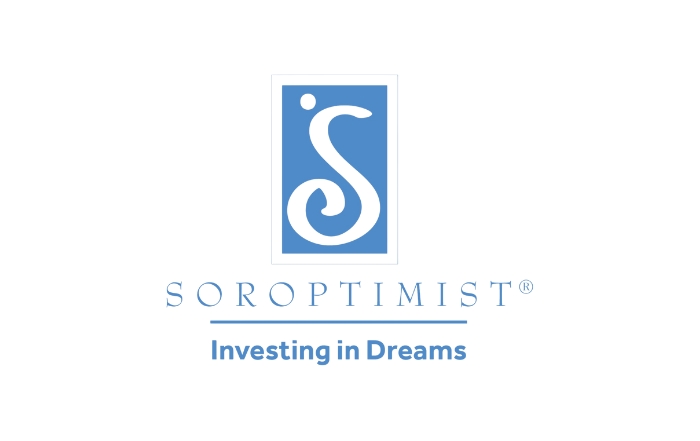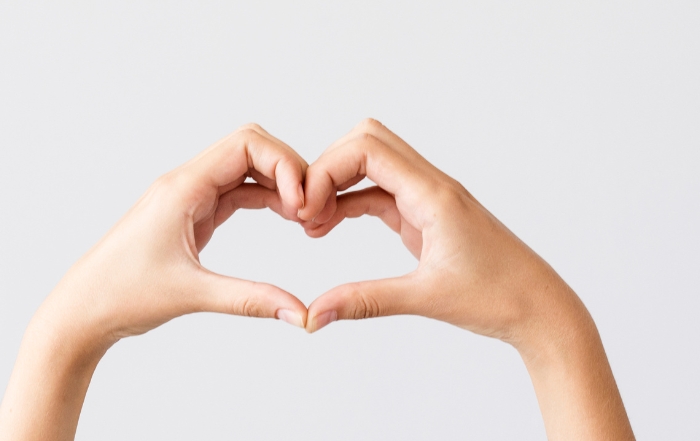Megan Lambe, current chair of the Equal Are We Planning Committee, YWCA Cambridge Board member and Women of Distinction alumna guest blogs this week. She explores the roots of the Equal Are We Conference, how it’s morphed over the years and where it’s headed now.
“I’ll donate money to support whatever you decide would make a difference.”
These are golden words for any non-profit to hear. It was 2014, and Kim Decker and I were in Mayor Doug Craig’s office talking about gendered violence. Craig told us honestly that he didn’t realize it was an issue that touched so many people’s lives until it had recently affected one of his staff. It’s not surprising: especially with the stigma that comes with issues like these, until they do affect you personally, they can be easy to ignore. Now that Mayor Craig knew, he wanted to do something about it.
So often in our work to advocate for women and girls, we find we’re “preaching to the converted.” For this reason, we wanted to try something different in hopes of reaching a broader audience. So we chose to allocate the City’s funding to a conference and be deliberate about inviting men to the conversation. People don’t know what they haven’t been exposed to: so, we thought, putting people centre stage who had lived experience, and those with careers focused on building solutions, was a way to change that. We called this conference Equal Are We.
That first year of the conference, the room was full of politicians, influencers and educators. Our lineup included multiple entry points for men, including a panel called “Coaching Men of Character” with Chuck Winters and Ben Fannelli, and talks from local leaders like Chief of Police Bryan Larkin. Our MC was careful and intentional about creating a safe space and inviting conversation with the audience. I was proud of what we did, but felt we didn’t quite yet have the formula right.
Our second year, we didn’t see the return of many of those leaders and politicians from year one: and I admit, I got frustrated. We had added “train the trainer” sessions with educators, arming participants with tools to take to their classroom and keep the conversation going. We invited speakers who were highly respected and trailblazing in their fields. We widened the scope of topics to include the voices of more marginalized folks, and extended past the limits of gendered violence to make room for more issues that affected equality. We diversified the session formats to keep the day fast moving. So what were we missing?
Last year, we thought we had it right. We invited adults again, but also extended the invitation to high-school youth. We chose a PD day for the date so educators could attend, GCI as the location and included free lunch and volunteer hours for the day. We chose sessions that would appeal to a younger audience, while also keeping an eye to our corporate/public sector audience. Yet despite our best efforts, the conference was cancelled due to low registration. Many people blamed election season. I couldn’t help but blame myself.
I heard once that for years and years there can be these barely perceptible shifts, and then one day, bam. Earthquake. I saw this conference like that: a way for all these community members with different lived experiences to come together and for us all to collectively tear down barriers still hindering so many of our neighbours. I needed it to be like that. The bigoted conversations I overhear in coffee shops; the uncomfortable and biased thoughts I often have and can’t reconcile; the myopic, misinformed and dehumanizing opinions against the city’s most vulnerable people that continue to gain traction; this conference was where I had directed my hope. It was my way of saying, every time I felt immobilized or helpless, this is what we can do. You can see why it was hard not to take it personally when we couldn’t even get people to see the value in what we were trying to do.
And so now, here we are: 2019. We once again are extending the invitation to adults and students 16+ to attend Equal Are We at Conestoga College on October 22.
We are thrilled to have the support of a new Mayor in Kathryn McGarry, and equally honoured to have a new partner at the table in Conestoga Student Engagement. This year, our panel will focus on inclusion, examining how race, ability, gender and sexual identity and Indigeneity affect the safety of our shared spaces. Our interactive sessions will focus on allyship and gendered violence. But you can be sure our opening keynote Eden Hennessey will bring humour and levity to the day. SHORE’s mid-day performance will provide further entertainment, and our closing keynote Janice Jo Lee will leave us with inspiring words to live by.
As an organization that’s been around for a long time, we fully acknowledge that the work of tearing down systems of oppression is nothing new. Communities those systems were built against have been fighting for change for generations. With this conference, we are trying to recognize the ways in which we’ve been complacent in these systems and we hope to add our voices and action to the movement towards a more equitable society.
I’m inviting you, yes YOU, to come. Because until these issues become personal, they’ll continue to seem too big to tackle and we need all hands on deck. Yes, many of the problems we face are systemic: but systems are made of people. What we say, as the poet Hafiz says, becomes the house we live in. What we do builds the communities where we live. We have the power to set the standard for the culture we call acceptable. Let’s step up and stand together; let’s make space for our upcoming leaders to voice their ideas and concerns, and show them what leading for change looks like.
Don’t you think it’s time we drew some lines in the sand? I do. If you do, too, I can’t wait to meet you on October 22.
